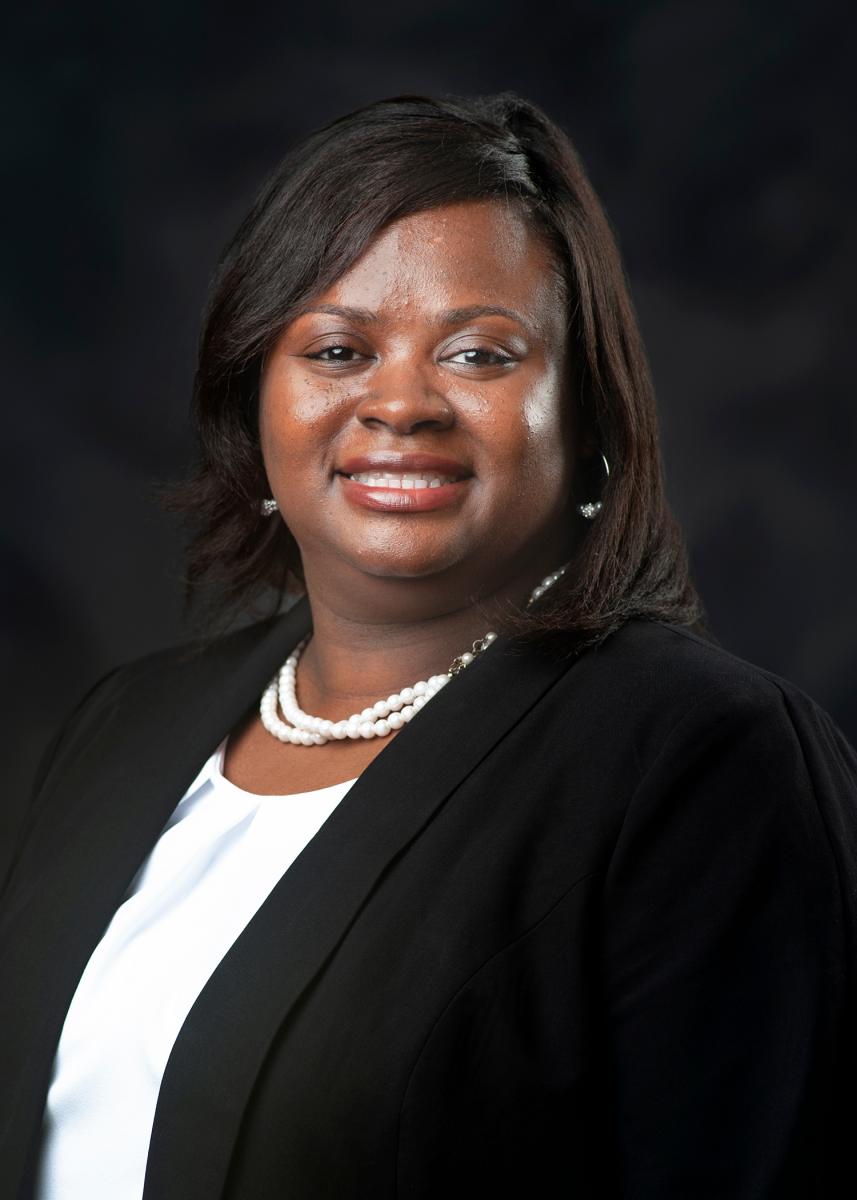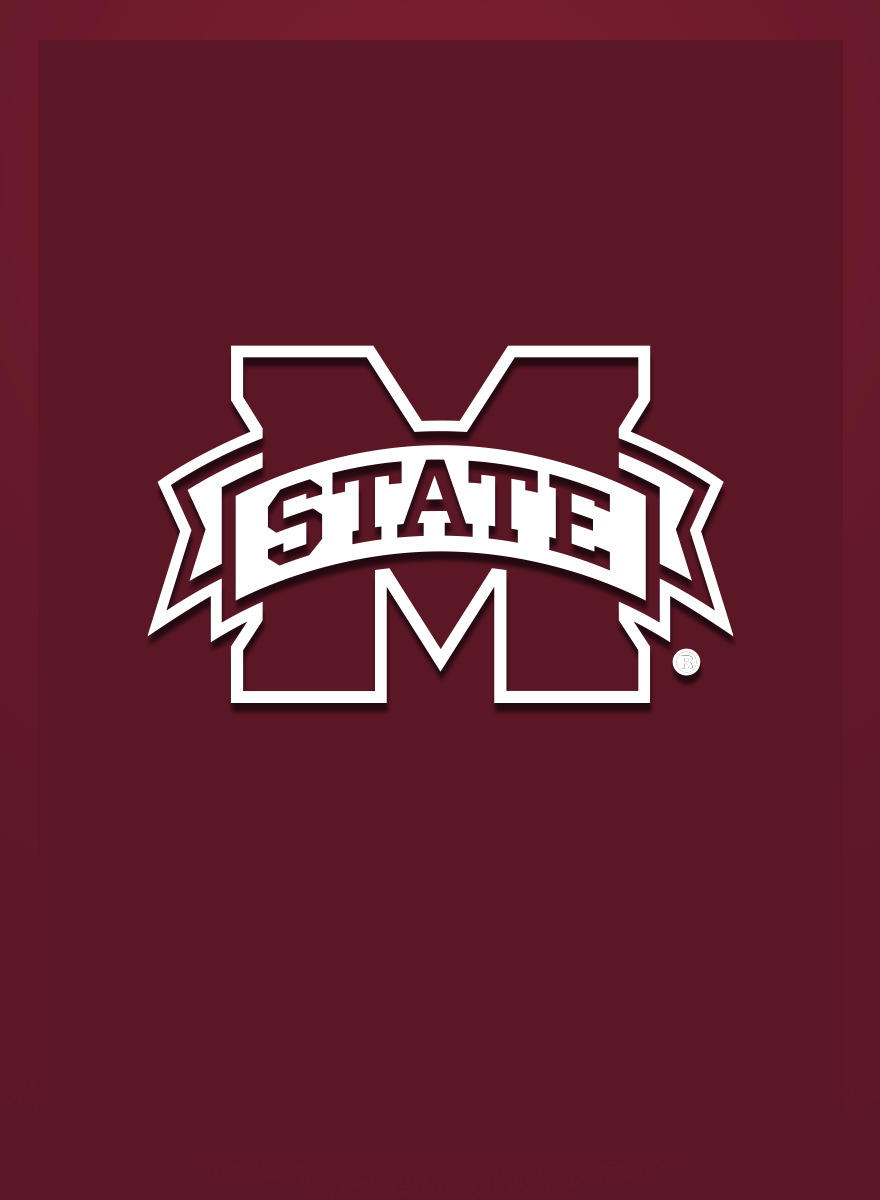Geospatial Technologies Minor
The Department of Geosciences at Mississippi State University offers a minor in geospatial and remote sensing technologies. The minor can be fulfilled by completion of 12 credit hours in GIS courses.
GIS minor highlights
All classes have instructors with advanced degrees who are recognized experts and real-life practitioners in their field.
The minor can be completed along with your master’s degree.
Requirements
Select four courses from the courses below to obtain the GIS minor:
Fall Courses
- GR 6303 Principles of GIS (offered summer and fall)
- GR 6333 Remote Sensing Phys Env (offered fall)
- GR 6363 GIS Programming (offered fall)
Spring Courses
- GR 6353 Geodatabase Design (offered spring)
- GR 6313 Advanced GIS (offered spring)
What are some potential career advantages?
Consider this minor if you would like to enhance your skills in other professions that may require or sometimes use GIS such as geology, meteorology, forestry, emergency management, environmental science, city planning and organization, utilities management and more.
Who should pursue this minor?
This minor is designed to support graduate students from a range of disciplines.
GIS Minor Request
Any current graduate student interested in earning a Geospatial Technologies (GIS) minor through MSU Geosciences Online Education Department can submit an official request by completing and submitting a GIS Minor Request Form.
By completing the request form, you are officially requesting to declare a minor in GIS along with your graduate degree from MSU.
*A committee request form will be required during your final 1-2 semesters in the graduate program











